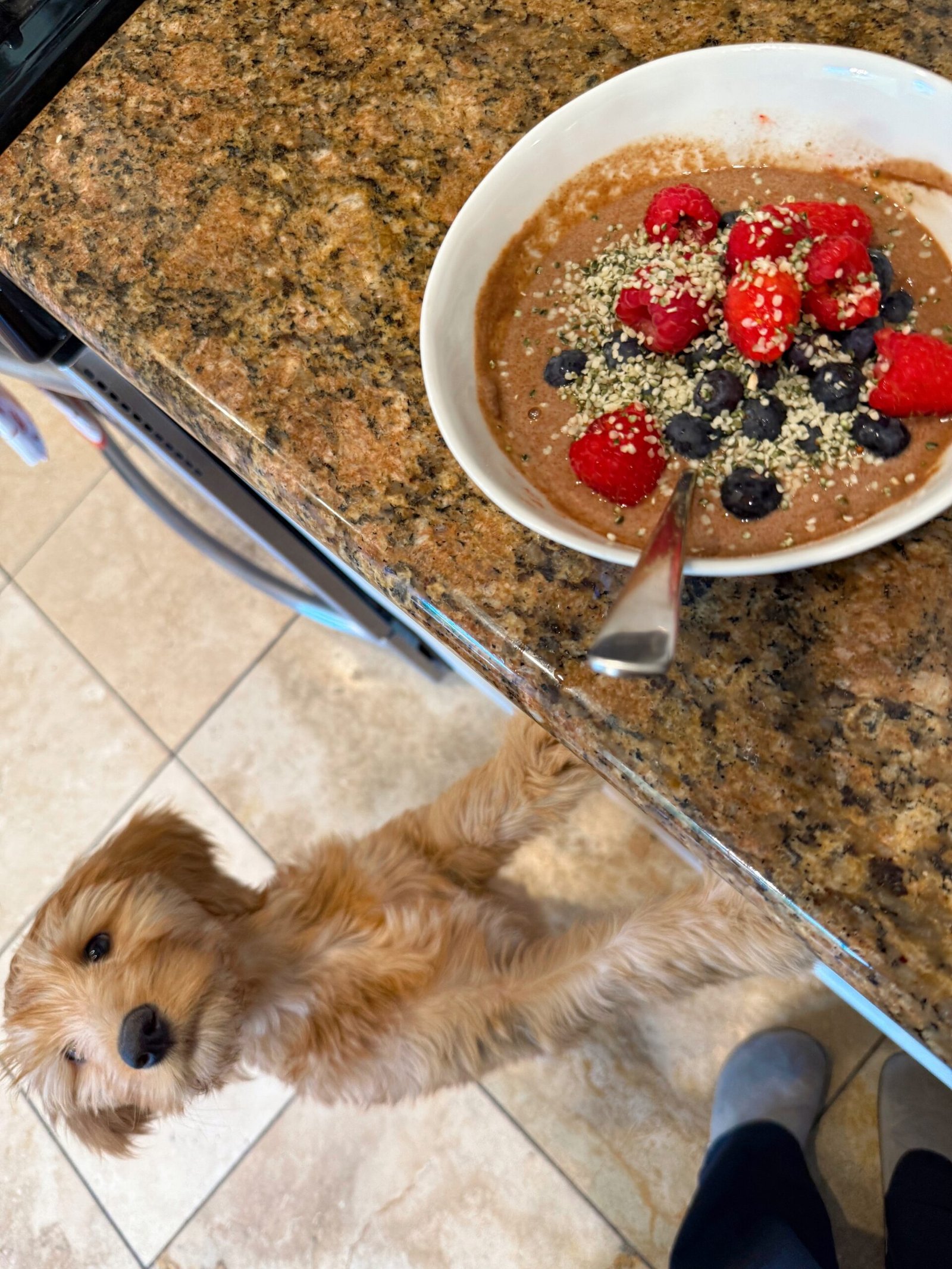Weight loss can be a daunting journey for many, often filled with various fad diets, gym memberships, and supplements that promise quick results but may not deliver lasting change. However, adopting sustainable lifestyle changes backed by science can lead to effective weight loss results. Below, we explore ten proven tips to help you shed pounds naturally.
Thank you for reading this post, don't forget to subscribe!1. Prioritize Whole Foods
Whole foods, such as fruits, vegetables, whole grains, and lean proteins, provide essential nutrients without excessive calories. Transitioning to a diet rich in whole foods can help you feel fuller for longer, reducing the temptation to snack on unhealthy options.
2. Stay Hydrated
Drinking water can significantly impact your weight loss journey. Research shows that drinking water before meals can help reduce appetite, leading to lower caloric intake. Aim for at least eight glasses of water a day, and consider replacing calorie-laden beverages with water.
3. Increase Physical Activity
Moving more can accelerate your weight loss. Engage in both cardio and strength training exercises. Aim for at least 150 minutes of moderate aerobic activity or 75 minutes of vigorous exercise each week, combined with two days of strength training.
4. Practice Mindful Eating
Being mindful of what you eat can help prevent overeating. Focus on your meal without distractions, chew slowly, and pay attention to your hunger cues. This practice can lead to greater satisfaction from smaller portions.
5. Get Enough Sleep
Sleep plays a crucial role in weight management. Poor sleep can disrupt hormones that regulate hunger, leading to increased cravings and appetite. Aim for 7-9 hours of quality sleep each night for optimal results.
6. Incorporate Protein-Rich Foods
High-protein foods can promote satiety by reducing hunger hormones. Incorporating lean meats, fish, legumes, and plant-based proteins can help you save on calories while still feeling satisfied.
7. Set Realistic Goals
Setting achievable weight loss goals is essential for long-term success. Aim for a gradual weight loss of 1-2 pounds per week, which is both sustainable and healthier than aiming for drastic changes.
8. Track Your Progress
Keeping a food diary or using a weight loss app to track your meals, exercise, and progress can enhance your accountability. Monitoring your behavior can help you identify patterns and make necessary adjustments.
9. Manage Stress
Stress can lead to emotional eating, so finding ways to manage stress is crucial. Techniques such as yoga, meditation, deep breathing, or engaging in hobbies can help lower stress levels and improve your overall well-being.
10. Seek Support
Joining a weight loss group or seeking support from friends and family can make the journey more manageable and enjoyable. Sharing experiences and challenges with others can motivate you to stay on track.
Conclusion
Sustainable weight loss is a journey that requires commitment, patience, and the adoption of healthy lifestyle changes. By focusing on whole foods, staying hydrated, increasing physical activity, and practicing mindful eating, you can shed pounds naturally and maintain your achievements in the long run. Remember, the key is not just to lose weight but to create a healthier lifestyle.
FAQs
1. What is a realistic timeline for weight loss?
A healthy and sustainable rate of weight loss is about 1-2 pounds per week. This allows your body to adjust and helps you maintain the weight loss long-term.
2. Can I lose weight without exercising?
While exercise significantly aids weight loss, it’s possible to lose weight by focusing on dietary changes. However, combining both diet and exercise yields the best results.
3. Do I need to follow a specific diet to lose weight?
No single diet is necessary for weight loss. The best approach is to find a balanced diet that works for you, focusing on whole and nutrient-dense foods.
4. How can I stay motivated during my weight loss journey?
Maintaining motivation can be challenging. Setting achievable goals, celebrating small wins, and seeking support from others can help keep you motivated.
5. What should I do if I hit a weight loss plateau?
Hitting a plateau is common. To overcome it, consider re-evaluating your calorie intake, increasing your physical activity, or adjusting your workout routine to keep challenging your body.
















